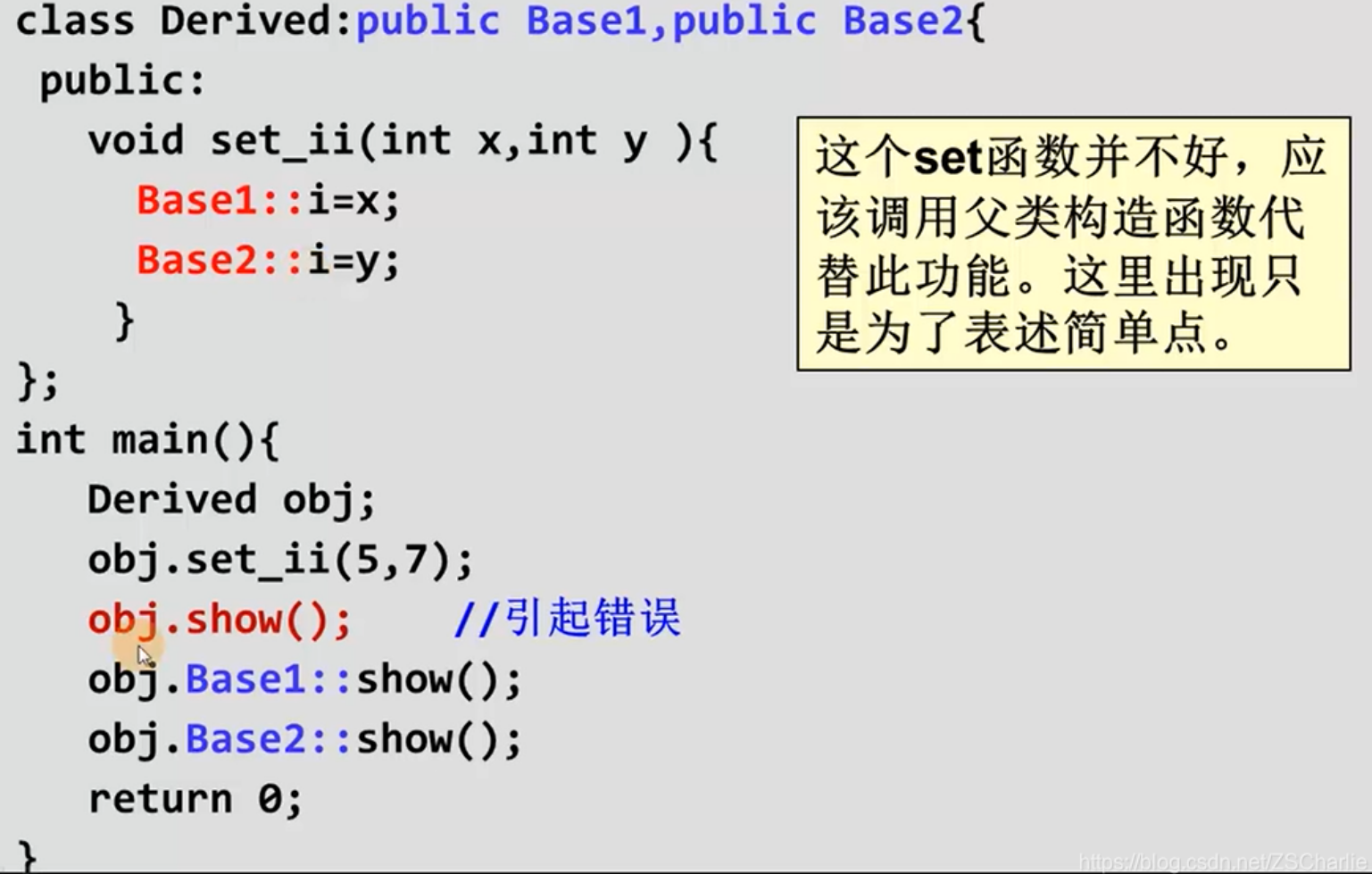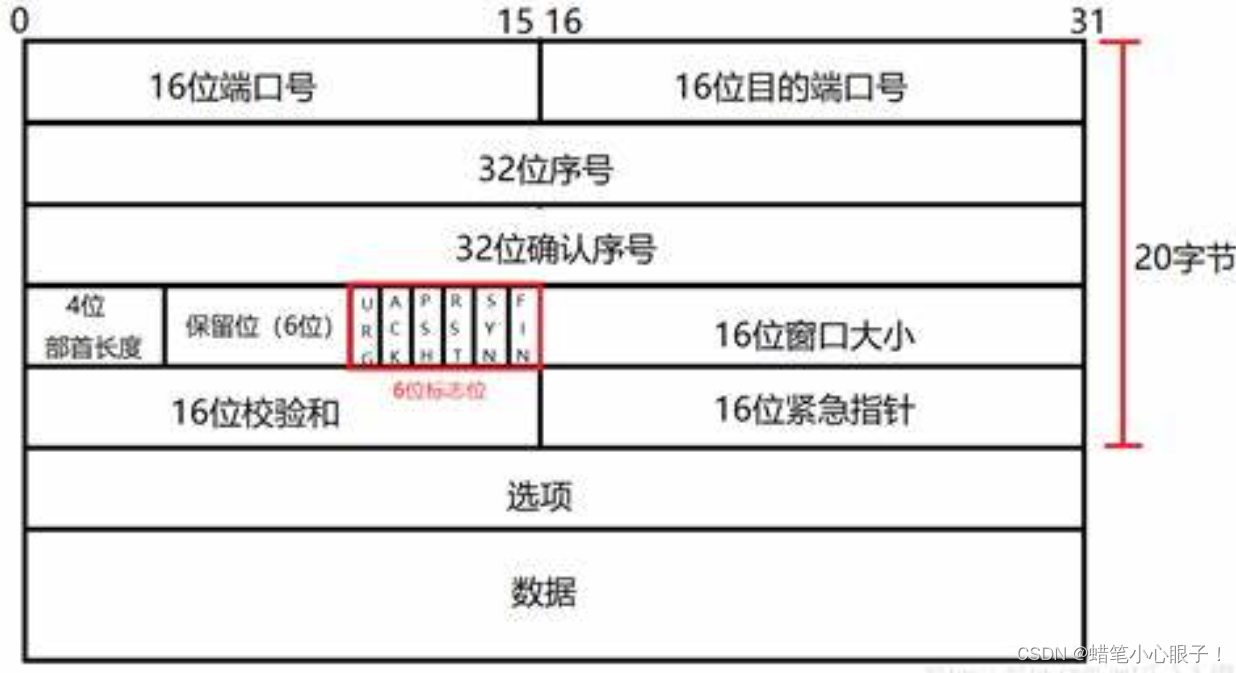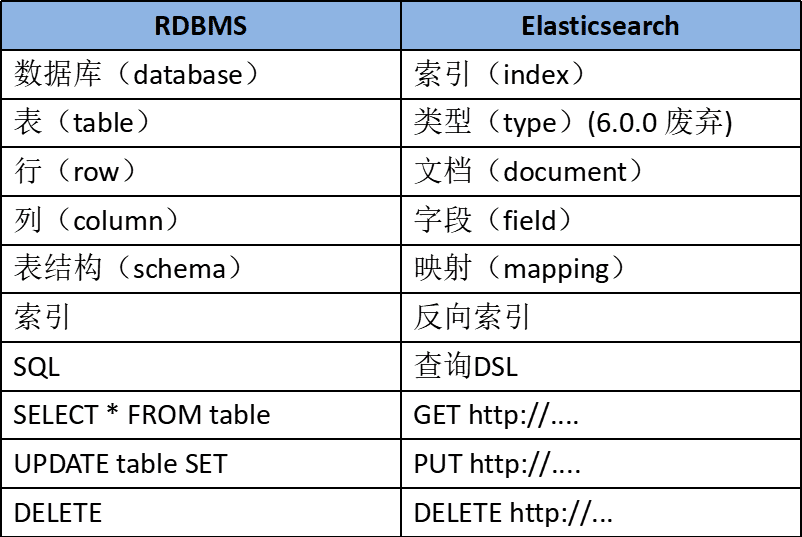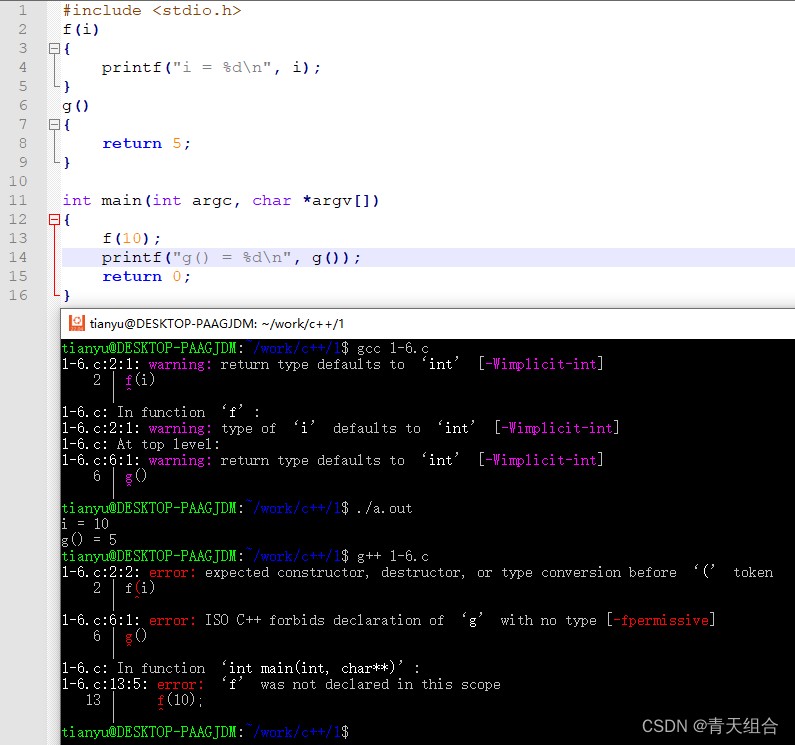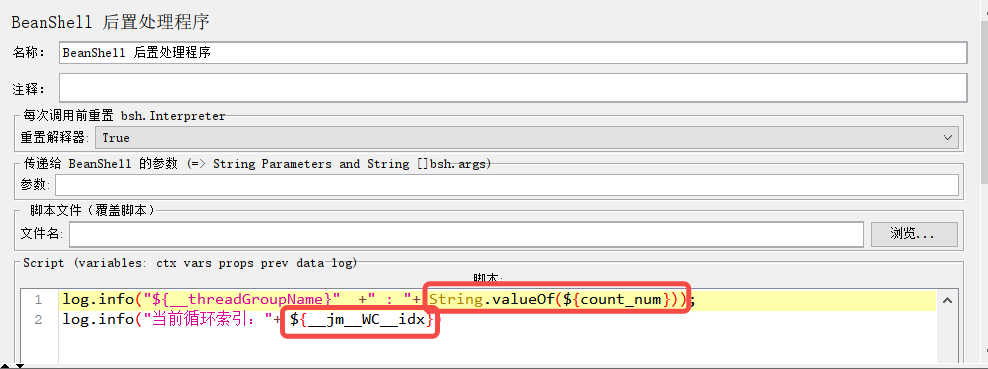Nginx配置文件的介绍:
#nginx子进程启动用户
#user nobody;
#子进程数量 一般调整为cpu核数或者倍数
worker_processes 1;
#错误日志定义
#error_log logs/error.log;
#error_log logs/error.log notice;
#error_log logs/error.log info;
#进程pid 存储文件
#pid logs/nginx.pid;
#事件
events {
#每个子进程的连接数 nginx当前并发量 worker_processes * worker_connections
worker_connections 1024;
}
#http协议段
http {
#引入 文件扩展名和与文件类型映射表
include mime.types;
#默认文件类型
default_type application/octet-stream;
#访问日志access.log的格式
#log_format main '$remote_addr - $remote_user [$time_local] "$request" '
# '$status $body_bytes_sent "$http_referer" '
# '"$http_user_agent" "$http_x_forwarded_for"';
#访问日志存储路径
#access_log logs/access.log main;
#linux内核 提供文件读写的机制
sendfile on;
#tcp_nopush on;
#keepalive_timeout 0;
#长连接超时时间 单位为s
keepalive_timeout 65;
#gzip压缩
#gzip on;
#server虚拟主机的配置
server {
#监听端口
listen 80;
#域名 可以有多个 用空格分隔
server_name localhost;
#默认编码
#charset koi8-r;
#access_log logs/host.access.log main;
#location 用来匹配url
location / {
#默认访问的网站路径
root html;
#默认访问页面 从前往后的顺序查找
index index.html index.htm;
}
#error_page 404 /404.html;
# redirect server error pages to the static page /50x.html
#
error_page 500 502 503 504 /50x.html;
location = /50x.html {
root html;
}
# proxy the PHP scripts to Apache listening on 127.0.0.1:80
#
#location ~ \.php$ {
# proxy_pass http://127.0.0.1;
#}
# pass the PHP scripts to FastCGI server listening on 127.0.0.1:9000
#
#location ~ \.php$ {
# root html;
# fastcgi_pass 127.0.0.1:9000;
# fastcgi_index index.php;
# fastcgi_param SCRIPT_FILENAME /scripts$fastcgi_script_name;
# include fastcgi_params;
#}
# deny access to .htaccess files, if Apache's document root
# concurs with nginx's one
#
#location ~ /\.ht {
# deny all;
#}
}
# another virtual host using mix of IP-, name-, and port-based configuration
#
#server {
# listen 8000;
# listen somename:8080;
# server_name somename alias another.alias;
# location / {
# root html;
# index index.html index.htm;
# }
#}
# HTTPS server
#
#server {
# listen 443 ssl;
# server_name localhost;
# ssl_certificate cert.pem;
# ssl_certificate_key cert.key;
# ssl_session_cache shared:SSL:1m;
# ssl_session_timeout 5m;
# ssl_ciphers HIGH:!aNULL:!MD5;
# ssl_prefer_server_ciphers on;
# location / {
# root html;
# index index.html index.htm;
# }
#}
}worker_processes 1:
子进程数量 一般调整为cpu核心数或者倍数。CPU同时只能做一个事情。CPU上下文切换。
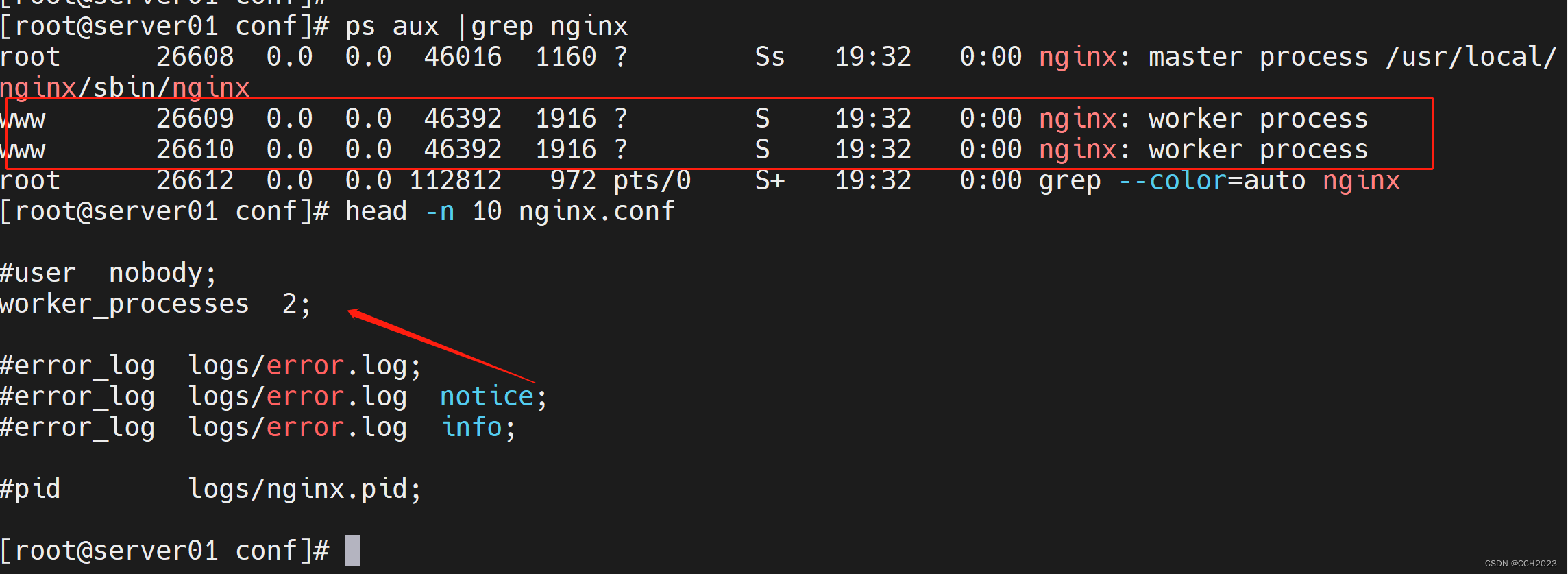
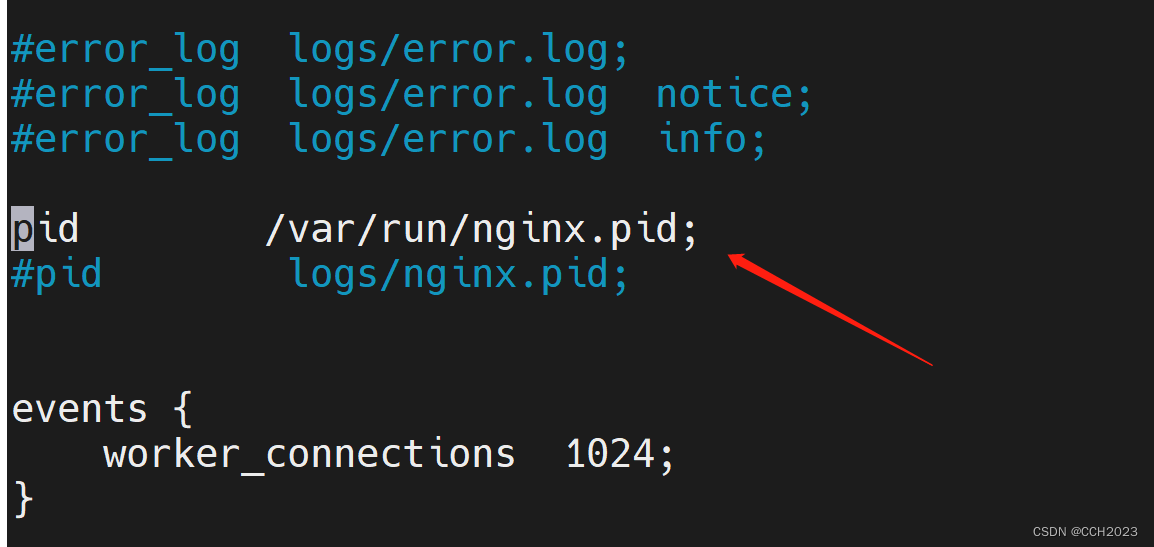

在这个地方,我还排除了一个错误。找不到/usr/local/nginx/log/nginx.pid文件了。然后我通过kill -TERM PID命令,然后再启动nginx进程。
#事件
events {
#每个子进程的连接数 nginx当前并发量 worker_processes * worker_connections
worker_connections 1024;
}
说明:并发量的概念。并发量是多少?
include mime.types;
超文本所支持的格式。
sendfile on;
是nginx内核加件读写IO的机制。默认是开启的。
#keepalive_timeout 0;
keepalive_timeout 65;
说明:长连接超时时间,单位为秒。当客户端与服务器端断开超过65秒,那么连接就断开了。
回收资源。0 不会设置超时时间。
Server段:
Server虚拟主机的配置。
server_name:域名,可以有多个,用空格分隔。
location用来匹配URL:
root html;
默认访问的网站路径。
index index.html index.htm
默认访问页面,从前往后的顺序查找。
例子:index index.php index.html index.htm
# proxy the PHP scripts to Apache listening on 127.0.0.1:80
#
#location ~ \.php$ {
# proxy_pass http://127.0.0.1;
#}
这是一段代理。以.php文件结尾的,代理到本机的80端口。
# pass the PHP scripts to FastCGI server listening on 127.0.0.1:9000
#
location ~ \.php$ {
# root html;
fastcgi_pass 127.0.0.1:9000;
fastcgi_index index.php;
fastcgi_param SCRIPT_FILENAME $document_root$fastcgi_script_name;
include fastcgi_params;
}
把PHP脚本发送给以php启动的FastCGI服务器php-fpm 9000端口。
注意:
http=>==server===>location 递进关系
我们经常配置的是server端。

